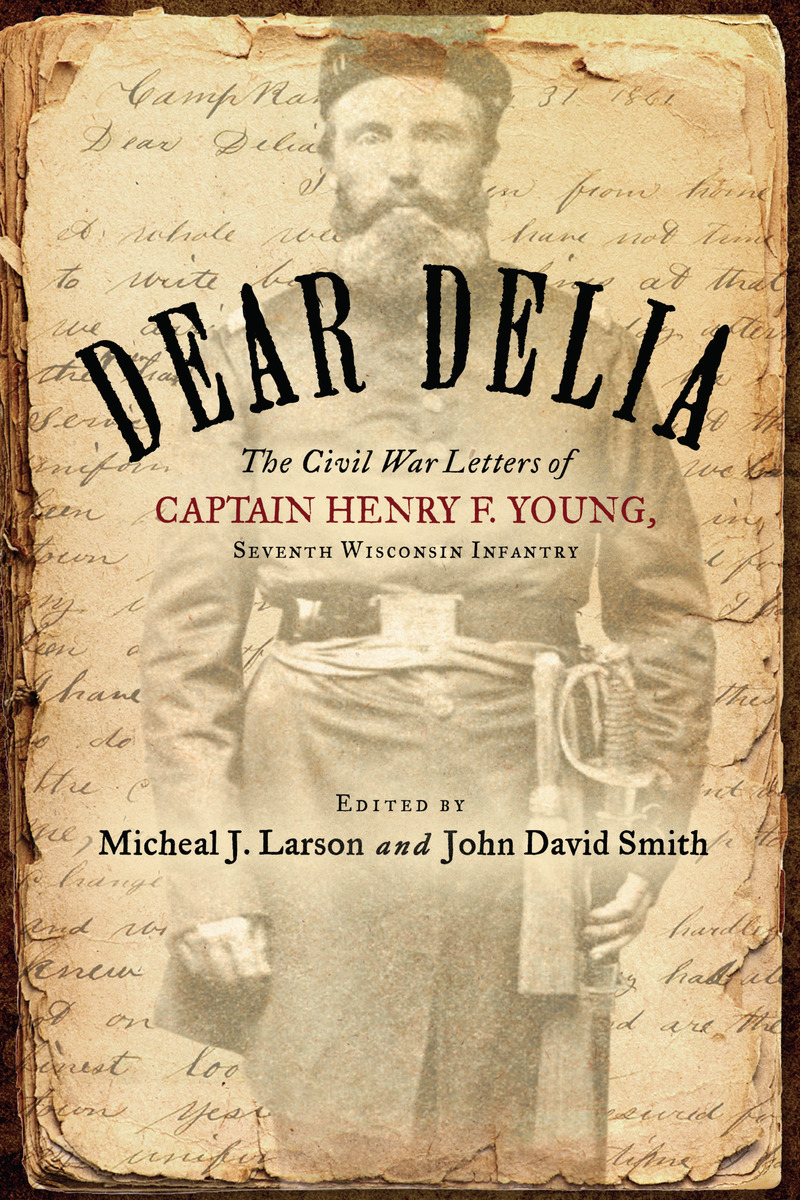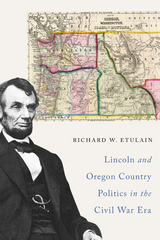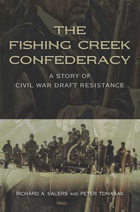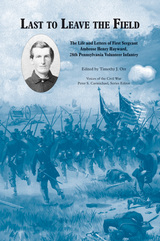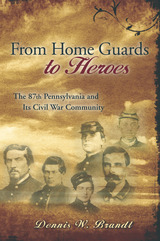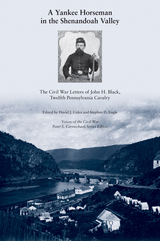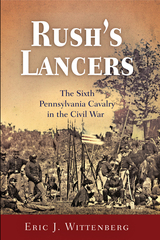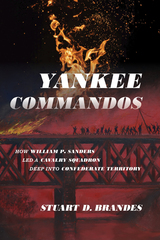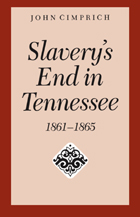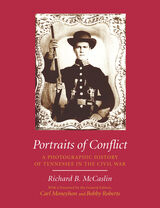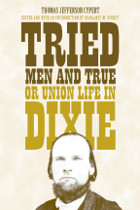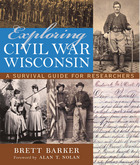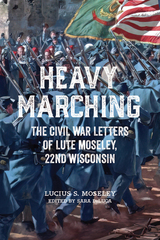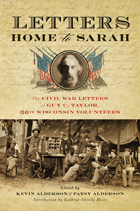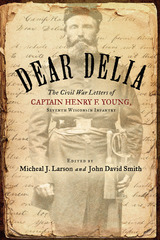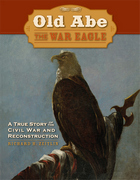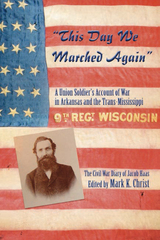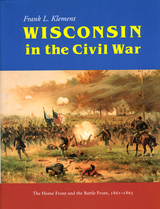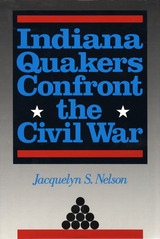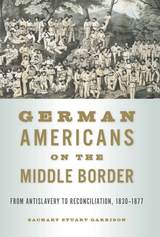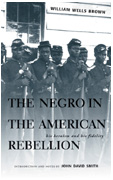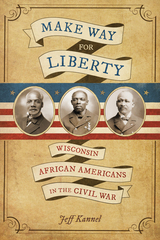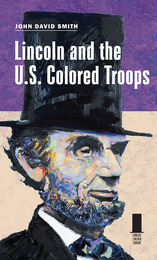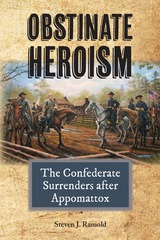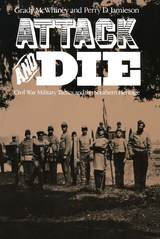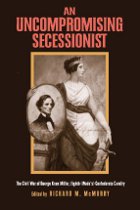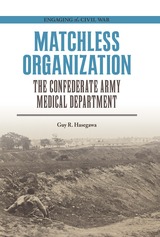Dear Delia: The Civil War Letters of Captain Henry F. Young, Seventh Wisconsin Infantry
University of Wisconsin Press, 2019
Cloth: 978-0-299-32360-8 | eISBN: 978-0-299-32363-9
Library of Congress Classification E537.5 7th.Y68 2019
Dewey Decimal Classification 973.78092
Cloth: 978-0-299-32360-8 | eISBN: 978-0-299-32363-9
Library of Congress Classification E537.5 7th.Y68 2019
Dewey Decimal Classification 973.78092
ABOUT THIS BOOK | AUTHOR BIOGRAPHY | REVIEWS | TOC | REQUEST ACCESSIBLE FILE
ABOUT THIS BOOK
Dear Delia chronicles the story of Henry F. Young, an officer in the famed Iron Brigade, as told through 155 letters home. His insights, often poignant and powerful, enable readers to witness the Civil War as he did. Young covers innumerable details of military service—from the camaraderie, pettiness, and thievery he witnessed among the troops, to the brutality of internecine war. He was an equally astute observer of the military leadership, maneuvers and tactics, rumored troop movements, and what he considered the strengths and weaknesses of African American soldiers. From newspapers, he retained a firm grasp of Wisconsin and national politics, often noting incidents of graft and corruption and offering pointed opinions regarding the 1864 presidential election. Above all, Young’s communications highlight his unflagging patriotism—his fierce determination to preserve the Union no matter the cost. Candid, contemplative, thorough, and occasionally humorous, Young provides a clear window into everyday events as well as into war, society, and politics. Civil War enthusiasts will appreciate this correspondence, as it reveals the perspective of a young officer from America’s western heartland, a regional viewpoint generally omitted from Civil War–era documentary projects.
See other books on: 1824-1902 | Civil War Letters | Personal narratives | Smith, John David | Soldiers
See other titles from University of Wisconsin Press
